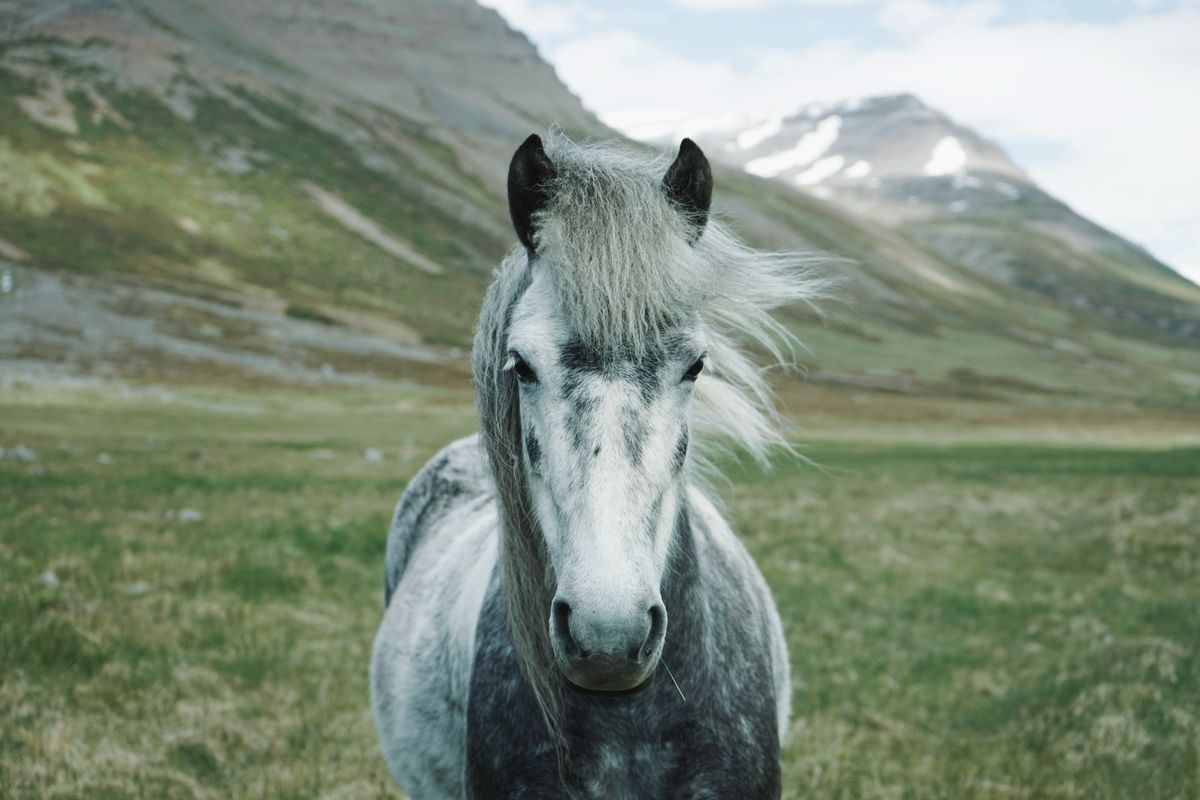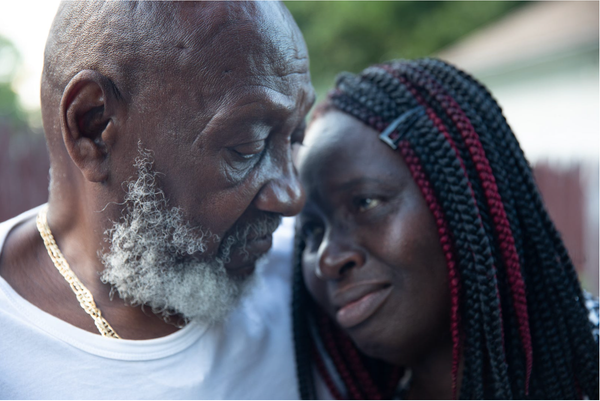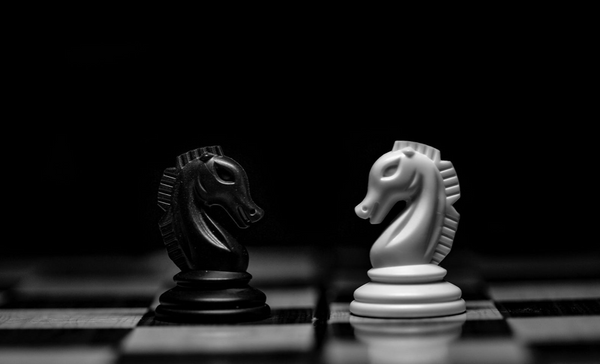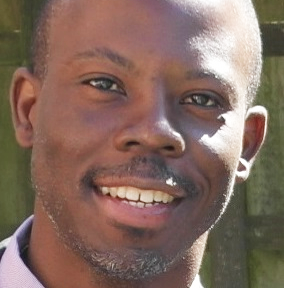As you might guess, I think about racism a lot. How did we get here? Why are we still here? And most importantly, how are we going to get out of this mess. But I think about it on an interpersonal level. This in no way denies the existence of systemic racism or those who work to eradicate it on that level. My area of focus is racism on a one-to-one level. Okay?
Good.
The problem isn’t that some white folks don’t understand that racism still exists or can’t grasp the concepts of white privilege and systemic racism. I say this for two reasons.
First, they may not understand those concept by those specific names. I had never heard of the term “white privilege” until a few years ago, but having lived the majority of my life in the south, I knew it when I saw it . . . even with my eyes closed. Everyone in these United States recognizes the concept of white privilege when they see it. Don’t believe me? Take a look at this one-minute video from educator Jane Elliott.
I rest my case.
Second, they may understand just enough about privilege and racism to know that they do not want to address these issues. After all, you aren’t obligated to fix what’s broken if you don’t acknowledge that it’s broken. Besides, recognizing that something is inoperable comes with potential costs . . . like self-incrimination. Who wants to admit they’re part of a problem? And guilt. Who wants to deal with a conscience that knows it’s part of the problem?
If you want to affect change in the realm of racism, stop wasting your energy on hardcore racists and trolls. I don’t want to say they’re a lost cause because as long as someone has breath in their body, there’s hope. But—why fritter away your time trying to convince someone who has no interest in what you have to say or potentially changing their point of view? That doesn’t make sense. A friend of mine shared the adage with me a long time ago: Never try to teach a pig to sing. It’s a waste of time, and it annoys the pig. (No, [long beat] I’m not inferring that racists are pigs, but I’m on an animal analogy roll today, so I might as well milk it for all it’s worth.)
The better option is to affect change with those who want to change or are at the very curious about what you have to say.
Paradigm Shifts
Our world of microwave food, instant fame, and ten-minute life hacks delude people into thinking they can always have it their way right away. People didn’t accidentally fall into a racist hole. These warped views and behaviors were taught over several years. To expect a complete recovery from racism in few hours is unreasonable. Paradigm shifts happen gradually over time.
Here’s a prime example.
When I was in my early twenties, I worked in the Magic Kingdom Entertainment Division at Walt Disney World. For their big “nth” anniversary, they planned a slate of their most ambitious new shows and parades ever.
Understanding doesn’t come in a single “ah-ha” moment. Understanding occurs through a series of ah-ha moments.
The show directors needed to cast experienced dancers in roles. So several people transferred from Disneyland in California to Disney World in Florida. It just so happened that most of the people who came on board were gay men and women who had no problem working with gay men. (Remember this was waaay back in the day, long before being gay was as widely accepted as it is today.)
The sudden influx of gay men turned the straight guys’ world upside-down. It wasn’t a hostile environment per se, but it wasn’t all rainbows and pixie dust backstage either.
But guess what? Over the years, a massive paradigm shift took place, and people grew to appreciate one another. Understanding doesn’t come in a single “ah-ha” moment. Understanding occurs through a series of ah-ha moments. That’s not to say everyone became best friends, but the resentment and lack of respect melted away. The growth those formative years provided is evident in the decades-long friendships that have flourished.
Planting Seeds
Pardon me while I attempt a riff on a centuries-old parable.
I’m not going soft on anti-racism, but I liken much of this to planting seeds. There are a couple of guiding principles to planting seeds. You don’t drop seeds into rocky soil. You plant seeds in soil that is receptive to the seed, soil that the seeds’ roots can grow in. And that takes time. Know what I mean? You don’t drop sunflower seeds into the ground and out pops a sunflower the next day. It takes time.
I’ve read many comments on writers’ posts, as well as those on my own articles, from white folks telling how they “get it now.” It being insights about the nature of racism and oppression and being complicit in keeping the horror show going. Keep in mind, it’s not that any one person’s writing is so enlightening that it imbues total and complete comprehension of a subject in a single article or reading. (If only that were the case.) These events don’t take place in a vacuum either.
What happens is that a particular article or conversation is one in a series of experiences, each hopefully making a little more headway than the one before. Finally, one breaks through, and a lot of ideas make sense. You know, the whole tipping point thing.
And just so you know, it’s not enough to “get it.” The real test is whether or not people will choose to put what they “get” to practical use. You may enjoy running, but do you love it enough to run a marathon?
One Last Thing!
Beware the quicksand. If you spend too much time trying to reach those who don't want to be reached, you run the risk of burning out. So stop worrying about people who are too far out of your reach. Invest your energy in the people you can impact. And for those people who are too close for comfort but who have no interest in coming around, practice healthy boundaries.
Nobody says you have to facilitate a seismic move of someone else’s needle. We’d all like to know we were the single catalyst for someone else’s anti-racist growth and change, but the world doesn’t work that way. Until then, all we can do is try collectively to move the needle as much as we can.
No one person can change the world, but a lot of persons can . . . if we all give it our best shot.
An older and less beefed-up version of this article was originally published at Medium.com.
Love one another.
Photo by Oscar Nilsson on Unsplash
An older and less beefed-up version of this article was originally published at Medium.com.













